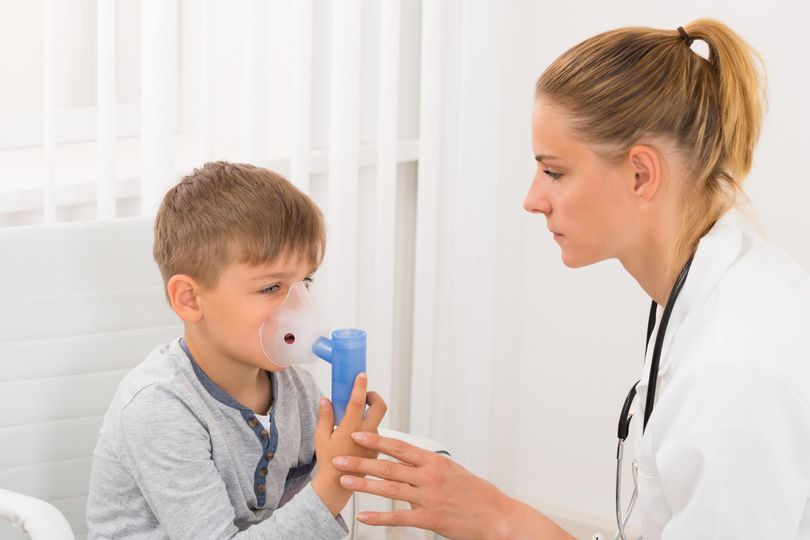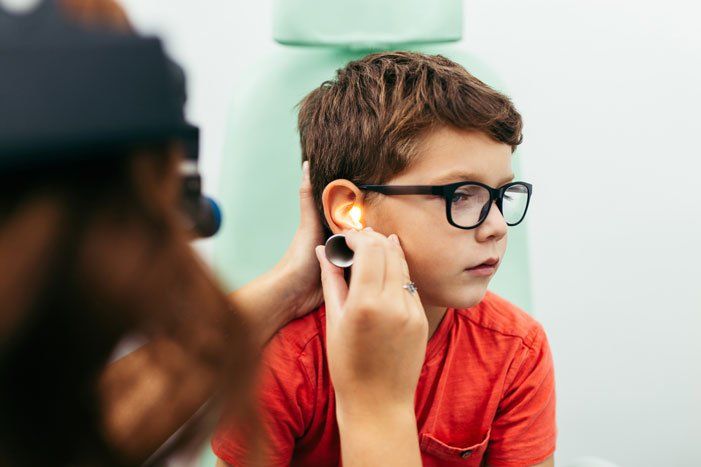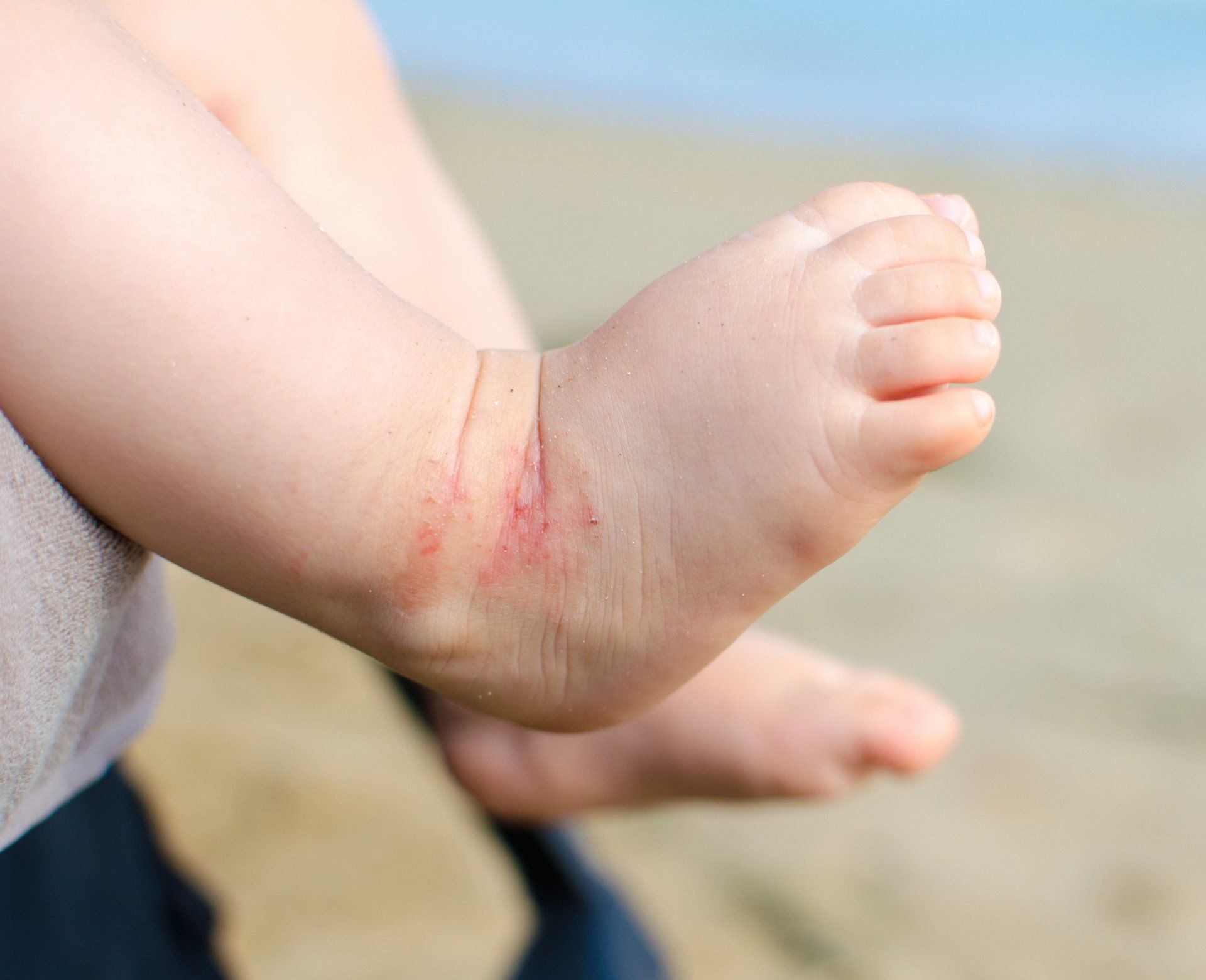How Georgia's Climate Can Affect Your Child's Asthma
Admin • February 5, 2020
When you think of weather affecting people with asthma, you may think of cold weather. After all, in cold climates, the air is dry, which can cause airways to become swollen and irritated. Cold air can also cause the body to produce histamine, a chemical that can trigger wheezing and other asthma symptoms.
If you live in a humid subtropical climate like Georgia, you may not think that the climate can affect your child's asthma. However, this type of climate can also affect asthmatics. Take a look at how the climate can affect your child's asthma and how you can help your child manage symptoms.
How Can the Climate Affect Children with Asthma?
Unfortunately, warm humid climates tend to make the overall air quality worse since humidity can increase the levels of dust mites and mold in the air. These allergens can be triggers for asthma attacks.
Humidity also increases the levels of ground-level ozone. Ground-level ozone is a colorless gas that sits just above the earth's surface. Ground-level ozone is actually a pollutant made up of nitrogen oxides and volatile organic compounds (VOCs). Like allergens, these pollutants can trigger asthma attacks.
In general, people with asthma are more sensitive to extreme temperatures. So while very cold air can aggravate your child's airways, so can very hot, moist air.
Lastly, as temperatures rise, your child can get dehydrated and breathe harder to cool down, which also can be a stress to asthma symptoms.
How Can You Help Your Child Deal with Asthma?
You can't change the weather on hot, humid days, but you can help your child manage their symptoms. For example, on very hot and humid days, make sure your child carries a water bottle so they don't become dehydrated and don't start panting. Here are a few other tips that can help.
Improve Your Home's Air Quality
You may want to invest in a better filter for your HVAC system for your home so that allergens, like mold spores and dust mites, aren't re-circulating through the air during warm, humid months. You could also invest in an air purifier for your child's room that has a high-efficiency particulate air (HEPA) filter.
Make an Appointment with a Pediatrician
You should also contact a pediatric provider in your area if you haven't already. Pediatricians offer allergy testing so that you can identify any other triggers that may be causing your child's asthma symptoms. A pediatrician can also set your child up with inhaler and other medications if current treatments aren't helping symptoms.
Get Your Child Involved in a Physical Activity
This may seem like a counter-intuitive tip, but many children with asthma can safely play sports and be active if they manage their asthma.
Your pediatrician can help you and your child develop a safe exercise regimen. If your child wants to do an outdoor sport, try to schedule these events during times when the climate in Georgia is milder and less humid. Also be sure your child warms up adequately before exercising so they can prevent chest tightening.
While some high-intensity sports can exacerbate the symptoms of asthma, it's important for your child to get some sort of physical activity since it
- Strengthens and builds lung capacity
- Improves the immune system, which can help your child avoid respiratory infections
- Improves the mood and reduces triggers like stress
If your pediatrician recommends gentle exercise at first, look into yoga classes suited for children. Yoga classes focus on rhythmic breathing and can reduce stress if your child tends to get anxious.
Contact Y. H. Parikh & Associates for more information on helping your child deal with asthma.
Periodic hearing screenings can detect hearing loss before your child falls behind in school or experiences developmental delays. Learn more here.
When your baby is little, you won't know exactly what he or she is allergic to. Read this blog to learn about allergy tests for babies.
Allergies make your child miserable. Here is more information about what causes springtime allergies, their symptoms, and common ways to combat them.
Regular checkups, commonly referred to as well child visits, help ensure the continued health of your child. Read this blog to learn more.
Does your child have severe food allergies? Read this blog for seven necessities pediatricians are likely to recommend for children like this.








